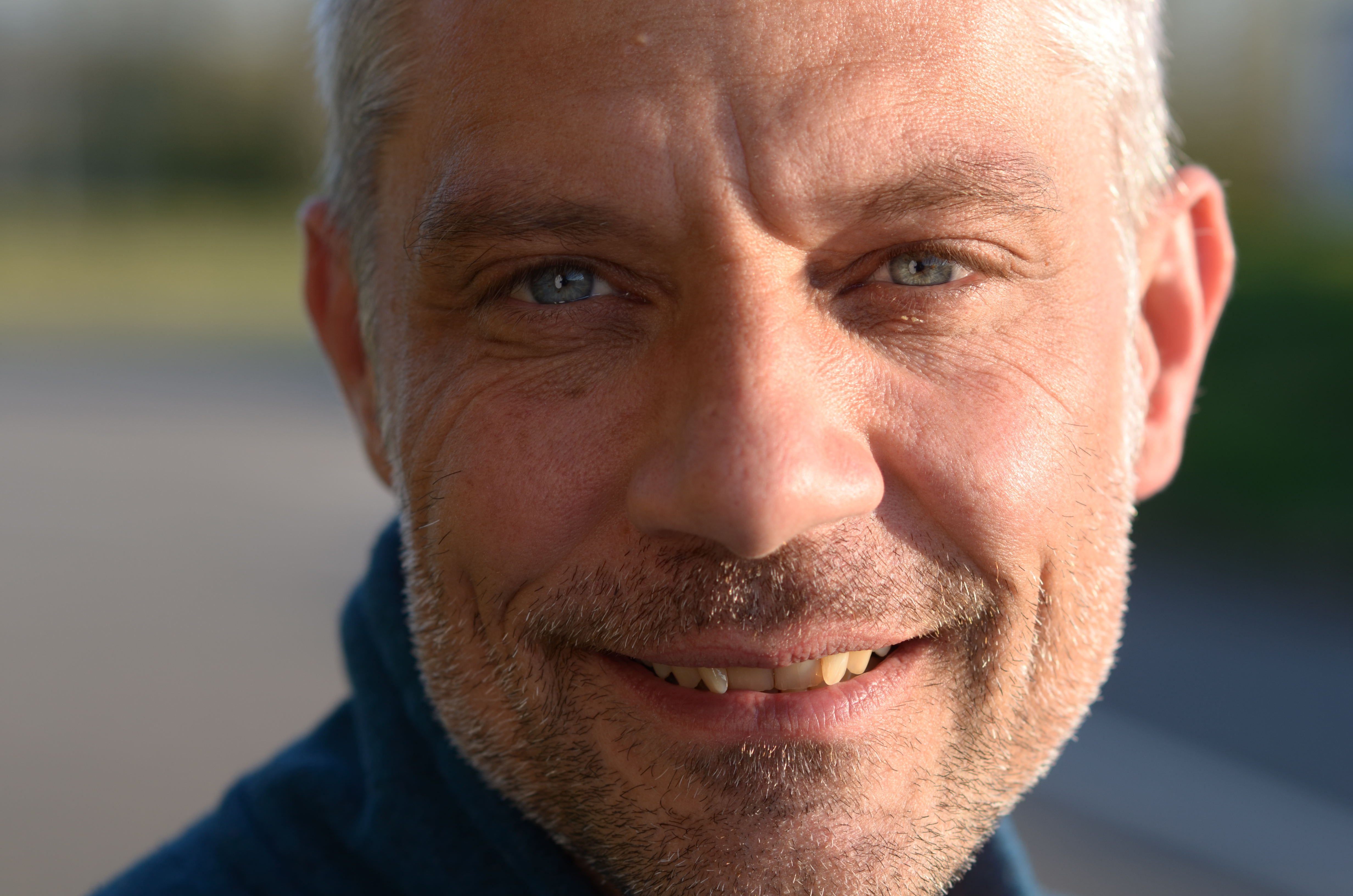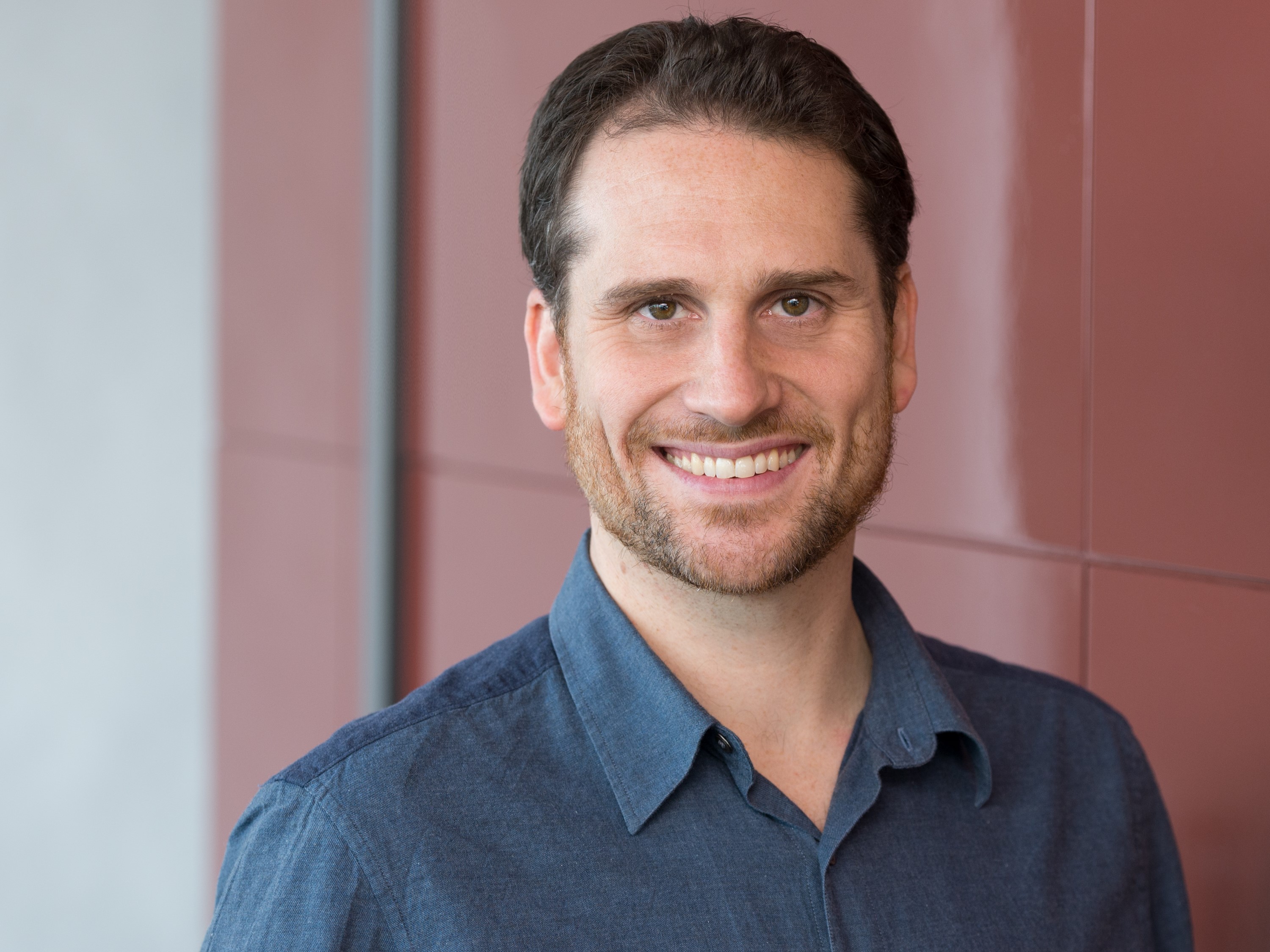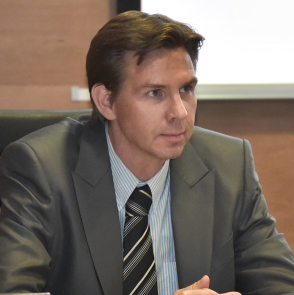Deep Dive: The Hydrogen Economy: a radical Alternative

This deep dive is part of the Foresight towards the 2nd Strategic Plan of Horizon Europe project.
Green Hydrogen offers a sustainable alternative to fossil fuels, changing the world of energy supply completely – geopolitically (some countries depend on their own Renewable Energy sources for their energy supply and not on other countries) and in terms of market structure (no more dependence on a small number of all-powerful oil, carbon and gas companies). Despite today’s inefficiencies in converting energy from nature to Hydrogen and back to power, Hydrogen could be a versatile energy carrier and a central element for energy storage in more abundant but more volatile renewable energy systems. Hydrogen needs to be produced, stored, and transported. Scientific and political discourses range from “hydrogen technology will provide us with the abundance of energy” to “building up hydrogen infrastructure including the necessary renewable energy sources is inefficient and will not lead to any kind of abundance.” For sure is that a fundamental change toward hydrogen as an energy carrier will have deep consequences for consumption and production patterns, global trade, and the reconfiguration of infrastructures.
About this topic
Climate change and the limitations – physically and politically/economically - of fossil fuels foster the need to decarbonise and change to alternative energy production, storage, and carrier systems. Technology in renewable energy improves, and in general, energy efficiency is increasing, but currently, absolute demand for power is increasing.
The technology to form Hydrogen is improving, and more units are built. Also, catalyst technology is advancing. One must expect strong opposition from current stakeholders in fossil and nuclear technology. Although, there is also the option to use nuclear power to form Hydrogen, which many people see as critical. Investments in the infrastructure are high. While mixing Hydrogen with methane for heating is almost feasible today with minor adaptations to the gas pipelines, building up an entire parallel infrastructure for handling pure Hydrogen safely is a massive adaptation in infrastructure. It remains unclear how a transition can be managed and financed and if access to critical raw materials is given. Before hydrogen technology could enter the market in full force, the low efficiency in converting power to Hydrogen power needs to be improved or compensated.
Renewable energy production and catalyst technologies require rare earth metals, precious metals, and large amounts of copper, aluminium, and even sand for construction. Most of these raw materials cannot be found within the EU. How to secure access to these raw materials when there is a race for these resources? In addition, the EU has only limited potential for renewable energy production. Harvesting consequently, e.g., solar energy potentials, would transform the infrastructure significantly. One challenge might be that there could be a mismatch between the availability of solar or wind energy and water. Conflict regarding the use of water is likely in these areas. The electrolysis of water in massive quantities will also put pressure on the water system, which climate change impacts can worsen. In general, water might be scarce when there is more abundance of renewable resources.
Any burning (also Hydrogen) under ambient air will lead to the formation of nitrogen oxide, which is a significant cause of air pollution (PM, acidification and eutrophication, precursor for ozone).
43946
0
0
EXTERNAL LINKS
OUTPUTS
0
0
0
Laura Galante
0
0
0
Laura Galante
0
0
0
Laura Galante
1221
0
921
0
1411
0
3123
0
Blog
November 3, 2022
15
0
1
Blog
August 18, 2022
3
0
0
Blog
August 11, 2022
6
0
0
Blog
July 27, 2022
4
0
0













